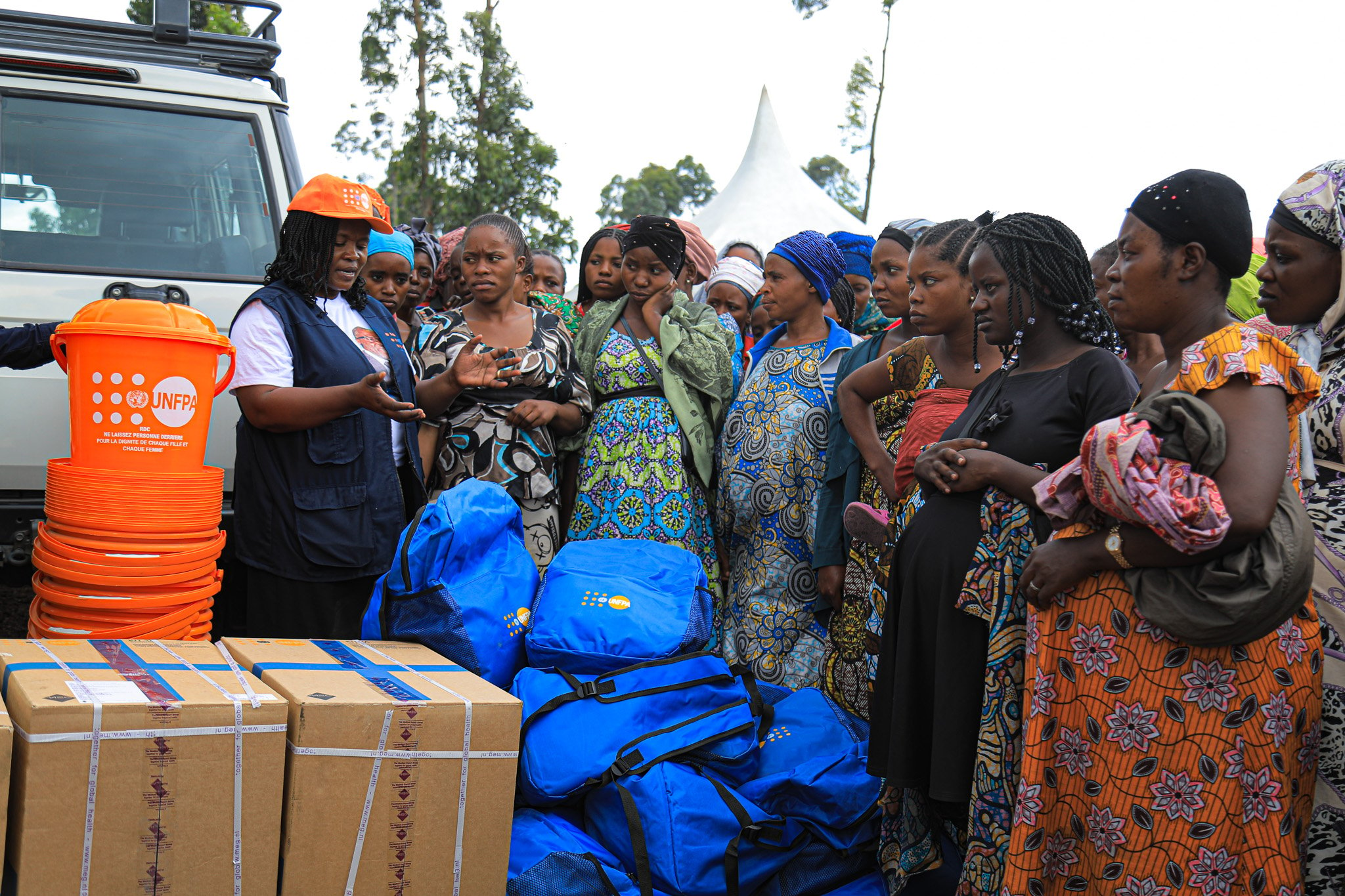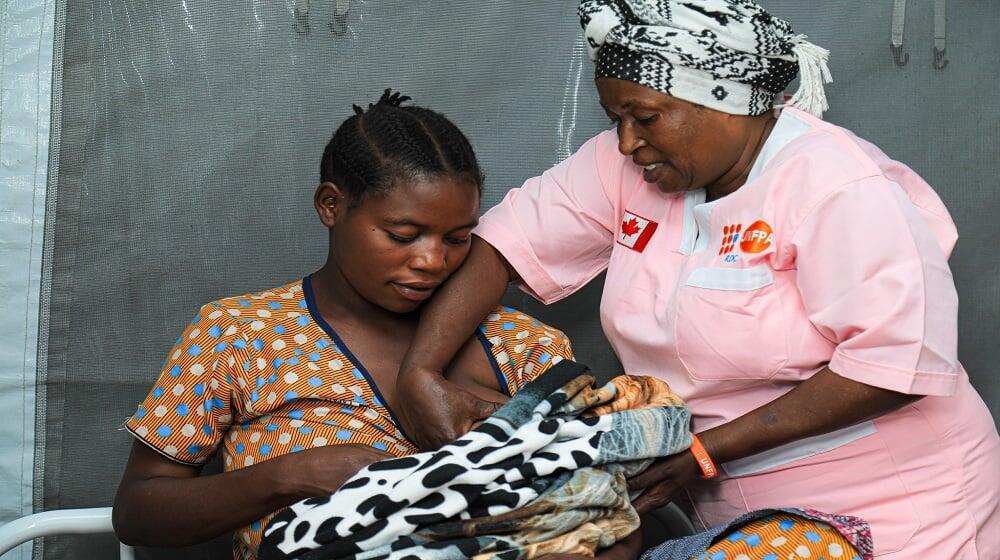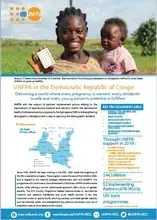Nine hundred and fifty thousand (950,000) Canadian dollars have been granted to the DRC through the United Nations Population Fund (UNFPA) to strengthen the humanitarian response in the provinces of North Kivu, South Kivu, Ituri and Mai Ndombe, affected by the humanitarian crisis, following the escalation of violence between armed groups as well as floods which caused, among other things, the displacement of more than 5 million people.
As part of the “humanitarian assistance in sexual and reproductive health in sub-Saharan Africa” project funded by Canada, UNFPA is strengthening access to comprehensive sexual and reproductive health services and prevention against sexual violence for some 1,375,000 women. of childbearing age.
Some 2,935 people, including 19% men and 81% women, benefited from sexual and reproductive health services and 13,474 people benefited from sexual violence prevention and treatment services through service delivery facilities, safe spaces for women and girls and health centers supported under the project. A total of 31 midwives have been recruited to ensure the highest quality of obstetric care in the IDP camps.
More than 200 vulnerable people, including survivors of gender-based violence, sexual exploitation and abuse, benefited from support for their economic empowerment in addition to information on sexual and reproductive health services.
UNFPA continues to deploy efforts on the ground to ensure that women and girls receive the necessary care during pregnancy, that they are assisted by a skilled provider during childbirth and that their reproductive autonomy is facilitated through the provision family planning services.
A secure partnership for women and girls

Canada's feminist international assistance policy is fully aligned with the mandate and priority areas of UNFPA which, in the humanitarian context in the DRC, emphasize access to a wide range of sexual and reproductive health services, including voluntary family planning to vulnerable people, maternal and newborn health care, and comprehensive sexuality education, including prevention of sexual and gender-based violence.
This funding will undoubtedly enable UNFPA to alleviate the needs of vulnerable women and girls in the DRC where the risk of maternal deaths linked to pregnancy complications and childbirth remains high. Maternal and neonatal mortality is estimated at 547 maternal deaths per 100,000 live births (2020) and 28 neonatal deaths per 1000 live births respectively





